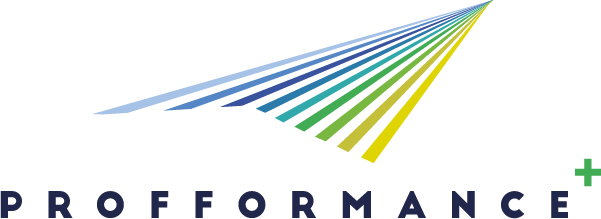CRITICARE
Providing a caring environment to foster student empowerment and critical thinking
- 01 - Education
- 05 – Natural sciences, mathematics and statistics
2. Innovative teaching and learning
- Student partnerships/engagement in the teaching and learning practice
- Innovative physical classroom activities
- Case-based teaching, case study – object of study to put into practice the knowledge acquired through a real, fictitious or adjusted description/case of reality.
- Real learning environments, experiments and field work through real-world projects
CRITICARE aims at training students in critical thinking and deep learning of given topics. It combines several evidence-based approaches into a coherent and easy-to-implement workflow to reach this goal (Bloom’s taxonomy, constructive alignment, peer review, growth mindset), which is the novelty. Learning activities are designed to gradually train more and more complex thinking skills, from simple remembering to analyzing, drawing connection between ideas, critically thinking and creating new content. Students are empowered by the structure of the course, which largely relies on their active learning: classes build on each other, and build on the work of students. Their progress is monitored along the way both by the teachers, by themselves and by peers, which further improves the learning of students. The activities range from problem solving of case studies or organized debates to the design and execution of a research experiment. Care is another important aspect, where the growth mindset is used to shift the efforts of the teacher from sorting students as “good” or “bad” to focus instead on the progress of students, and the implementation and adjustment of teaching strategies to serve student growth. The result is high satisfaction of students and an increased sense of agency and trust in their thinking abilities, high performance both evaluated within the course and by external feedback.
Methodology
Tools, equipment, technology used
Outcomes and outputs, main results
Lessons learnt
Adaptability and sustainability of the best practice (for other institutions)
Promotion of best practice
Scope and impact
- Course/department level
- Institutional level
- EU/EHEA/International level
6.1 Digitalization
- Outstanding, innovative, excellent practices of online / blended / hybrid learning
- Digital skills development and assessment both general and profession-related, embedded in course design, in teaching and assessment
Reasoning: I use the tool “Perusall” mentioned in the section 5.2, an online tool where students go through educational material, comment on specific aspects, reply to and upvote each other’s posts. I use their exchanges as the basis of the in-class work, an example of blended teaching. Also, the courses I am teaching involves bioinformatics, and assignments include the use of digital tools dedicated to the study of DNA. We particularly use the online tool Galaxy (https://usegalaxy.eu/), but also R coding.
6.2 Internationalization
- Developing students' multicultural awareness
- Courses implemented in international cooperation (projects, co-teaching, virtual/blended mobility, etc.)
- Courses offered to international multicultural students both online and offline
Reasoning: All the courses are taught in English, and usually >50% of students are foreigners. The nationalities of the students are worldwide, including Indian, Chinese, Iranian, US, Colombian, and from diverse EU countries. The courses involve guest expert teachers from different countries and institutes, such as Max Planck (Germany), CNRS (France), Uppsala University (Sweden). Together with the learning activities involving teamwork, debate and discussion (see section 5.1 for details on these activities), this fosters an environment of multicultural exchange among students and between students and teachers. Most courses are about natural sciences, where global issues are part of the content (namely climate changes and the impact of humans on biodiversity and domestication). In addition, I created and teach a course dedicated to PhD students soft skills, a “PhD School” course, which includes training on the resolution of interpersonal and intercultural miscommunication and subsequent conflict.
6.3 Inclusion and diversity, universal design
- Alternative, flexible assessment methods for students with special needs
Reasoning: I am always ready to adapt assignments to the needs of students. For example, last year, one student was seriously ill at home for weeks, and I modified the assignments so that the students could do them at home, and I also had a few online Q&A calls with this student.
6.4 Sustainability
- Teaching material contains profession related sustainability aspects
Reasoning: The courses I am teaching are related to biodiversity, and I frame the knowledge of these courses in the context of global changes, loss of biodiversity and threats for species.

